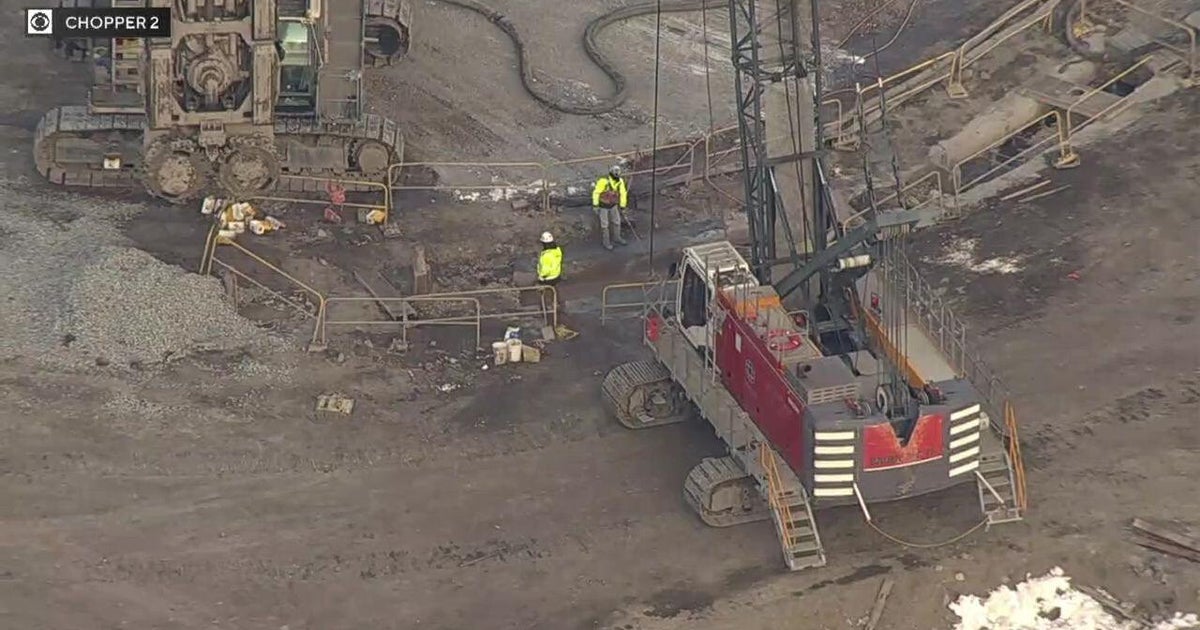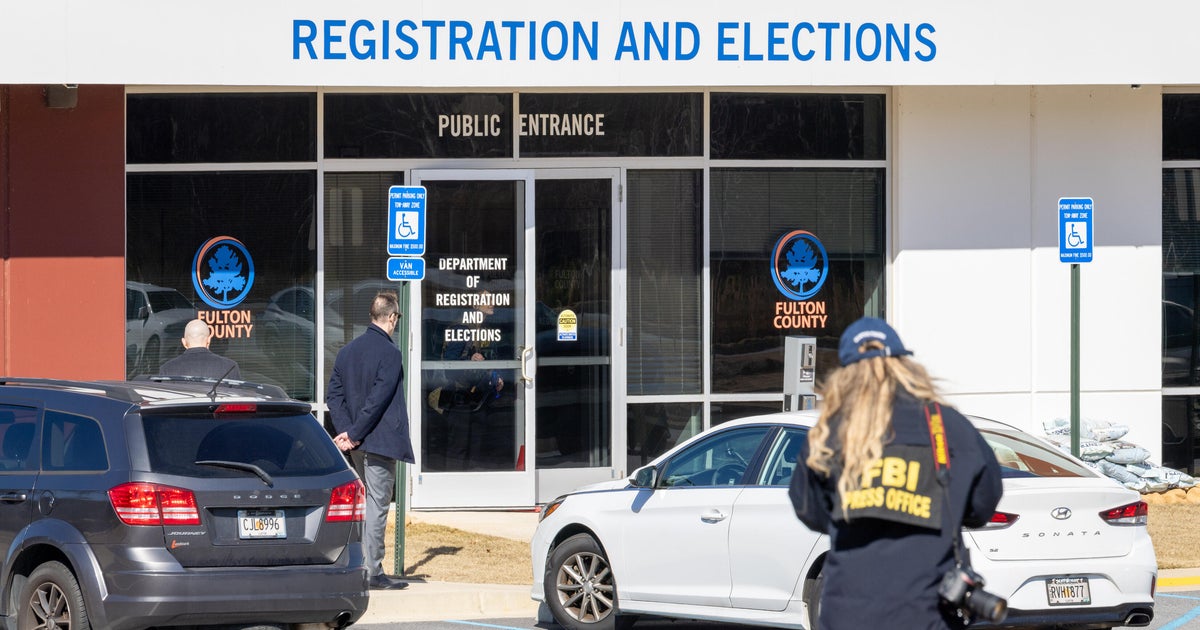Potential changes to USAID by Trump administration are jeopardizing Pennsylvania man's business
A push for big changes at the United States Agency for International Development (USAID) has split lawmakers and sparked protests in Washington. But in the Philadelphia region, the White House's moves are jeopardizing a Media man's business.
"We were open to change. I think everyone knew change was coming," Bryan Enslein said. "However, we didn't think that USAID, that USAID contractors like us, that USAID employees would be kind of thrown under the bus."
In 2019, Enslein co-founded the Global Build Collaborative, a small, veteran-owned architecture and engineering firm that contracted with USAID to support federal projects around the globe. Enslein said the company helped facilitate and oversee work like road projects and the building of hospitals and water systems.
But that all came to an abrupt halt the day President Trump began his second term. On Jan. 20, Mr. Trump signed an executive order pausing billions of dollars in foreign aid for 90 days so it could be reviewed.
"We have not been paid for work in December, in January, and in February as well," Enslein said. "We've had to lay off all staff except for one project in the DRC."
Enslein said that the remaining project, in the Democratic Republic of Congo, is currently on hold, and they're not sure when or if it will move forward.
But Enslein's ties to USAID run much deeper than his business.
Before starting Global Building Collaborative, Enslein was a foreign services officer with the federal agency for eight years. He told CBS News Philadelphia about his time in Afghanistan, where he helped build roads. In Vietnam, he worked on projects to clean up Agent Orange left over from the Vietnam War.
"Vietnam's a major trading partner with the United States. There's a lot of influence from China in Vietnam, so it combats that influence," Enslein said.
This is what Enslein refers to as "soft power" and a major benefit of USAID. Enslein said the U.S., China and other nations carry out the projects all over the world, and particularly in developing nations, to curry favor with governments. Those relationships can then help when it comes to things like trade negotiations, security and access to resources.
"Lots of resources in the Democratic Republic of Congo that, right now, there's a debate as to who gets those. Is it China or the United States? For electric cars, solar panels, things like that. And relationships matter in those debates. Whoever's actually going to end up with those, it's all about relationships," Enslein said.
Enslein also sees USAID as a first line of defense in things like treating Ebola overseas before it can spread to America. He also brought up the schools the U.S. has built and operated in Lebanon.
"We fund schools in Lebanon. Once that funding gets cut, those schools are still there, those children are still there, but Hezbollah moves in, and all of a sudden, Hezbollah is teaching those children in Lebanon. And I would much rather our funding go to teach those kids about what America is than have Hezbollah step in and teach those kids what they think America is," Enslein said.
The Trump administration has alleged that waste and abuse of funding at the agency "runs deep." In a Feb. 3 memo, it listed millions of dollars in initiatives that it says backs up the claim. Also in February, Elon Musk, who heads the Department of Government Efficiency that has led the charge in reshaping USAID, called the agency a "criminal organization" in an X post, and said "time for it to die."
Many of the administration's actions, from freezing billions in federal funding to placing thousands of USAID workers on leave, are now tied up in courts.
Enslein says he believes there is room to make changes at the department.
"Every single person there would tell you that cuts are needed, that they need to make changes to make sure that foreign aid goes out effectively," Enslein said.
But he compared the administration's tactics to those of a doctor trying to remove cancer from a patient with a chainsaw instead of a scalpel. Basically, Enslein said he wants to see the White House use a more thoughtful approach as it assesses foreign aid.
And that goes for USAID workers as well, many of whom Enslein still knows.
"They're struggling a lot. I know a lot of them are trying to figure out what to do next. A lot of them are still overseas and not sure where they're even going to move to in the states," Enslein said. "People believe in USAID that work there. They believe in America, I think. And they feel like they are promoting America when they work for USAID."
As for his business, Enslein said he's keeping up with the news same as everyone else. But it leaves a lot of things uncertain.
"Two months ago, I didn't think I was going to be here. So two months from now, I don't know where we'll be," Enslein said.
Still, he's hopeful he'll be able to continue working with USAID, in whatever future form it takes.
"We don't care about the administration that's moving forward," Enslein said. "We support America."







